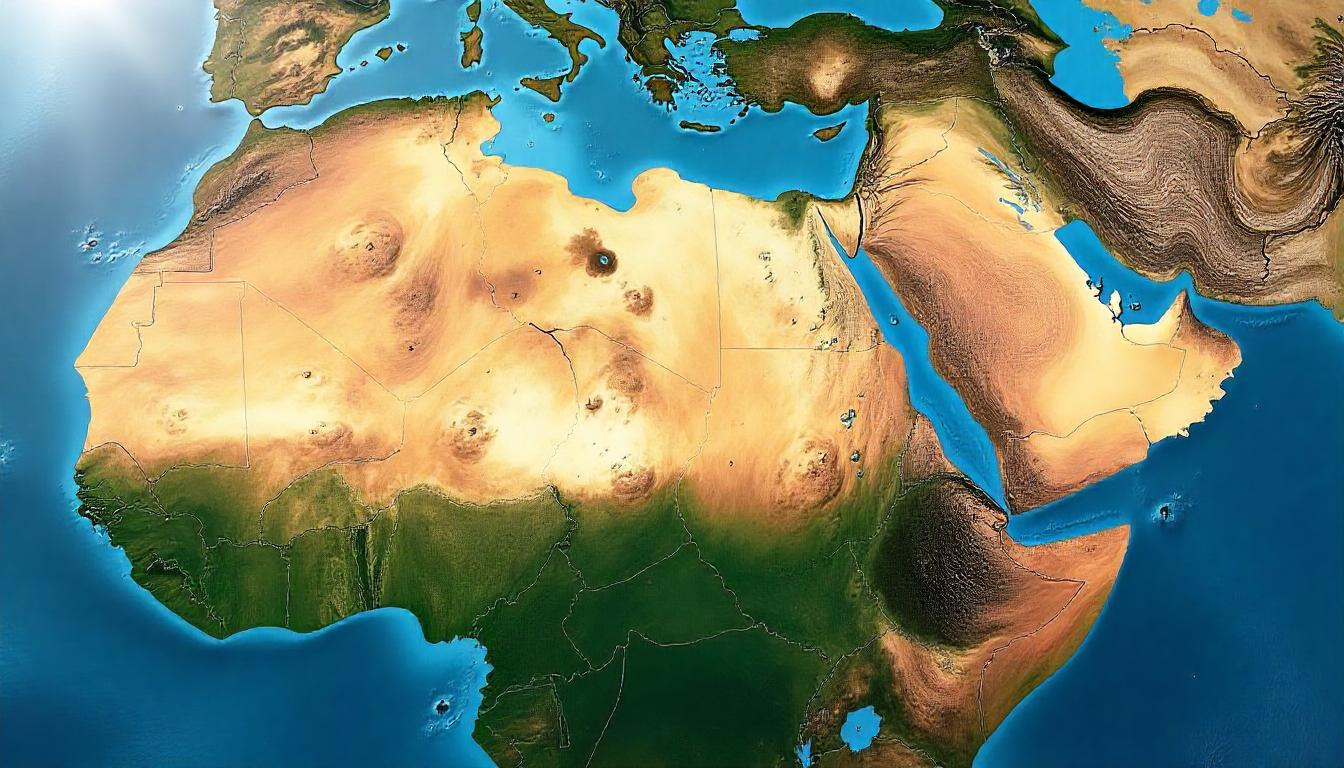A Paradigm Shift in Understanding Human Evolution
For decades, scientists believed that major climate changes in Africa played a key role in shaping early human evolution. The theory suggested that around three million years ago, environmental shifts—like expanding deserts and shrinking forests—drove our ancestors to adapt, evolve, and eventually become human.
But a groundbreaking new study is challenging this long-standing idea, suggesting that climate change may not have been the primary force behind our evolutionary journey.
Fresh Insights from Fossil and Climate Data
What the Researchers Did
In a recent publication in Nature, scientists took a closer look at sediment samples and fossil records from across Africa. Their goal? To match key evolutionary milestones—such as the appearance of new hominin species—with known periods of environmental change.
What They Found
The data revealed that many of the major developments in human evolution didn’t align neatly with climate events. Instead, early hominins seemed to thrive in a range of habitats, regardless of shifting environmental conditions. This suggests evolution may have been driven by more than just climate.
Beyond Climate: Other Forces Shaping Human Evolution
Ecological and Genetic Diversity
Rather than one big environmental trigger, the study points to a combination of smaller, overlapping factors. Africa’s ecological diversity likely created a mosaic of environments, each offering unique challenges and opportunities. This variety could have spurred adaptability and innovation among early humans.
Interspecies Interactions and Genetic Changes
Interactions with other species, including different hominin groups, might have also shaped our evolutionary path. Add to that the role of internal genetic shifts, and it becomes clear that our story is far more complex than previously imagined.
Challenging the “Out of Africa” Narrative
More Than a Single Origin Point
These findings also suggest that modern humans may not have originated from one isolated population. Instead, multiple interconnected populations across Africa could have contributed to the rise of Homo sapiens. This view disrupts the traditional “single origin” narrative and supports a more connected, continent-wide model.
A Call for Interdisciplinary Research
Why Collaboration Matters
This new perspective shows the value of bringing together experts from many fields—paleoanthropology, genetics, climatology, and archaeology. Only by weaving together all these strands can we hope to understand the full tapestry of our past.
Looking Ahead: A Richer Story of Human Origins
As more data emerges, the story of human evolution will continue to unfold. This study reminds us that evolution is rarely simple—and that curiosity, not certainty, is what drives science forward.
What else might have shaped our ancestors’ journey? Could social behavior or tool use have played a bigger role than we think?
Stay curious—follow DailySciTech.com for more discoveries that challenge how we see ourselves and our place in history.
Reference: “Fundamentally unchanged northwestern African rainfall regimes across the Plio-Pleistocene transition” by Bryce A. Mitsunaga, Amy M. Jewell, Solana Buchanan, Anya J. Crocker, Paul A. Wilson, Timothy D. Herbert and James M. Russell, 20 June 2025, Science Advances.
DOI: 10.1126/sciadv.ads3149
Daily science news 2025, Best science blogs, New science research 2025, Popular science articles, Latest science news 2025










